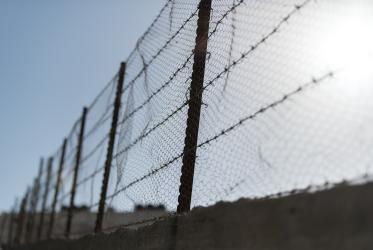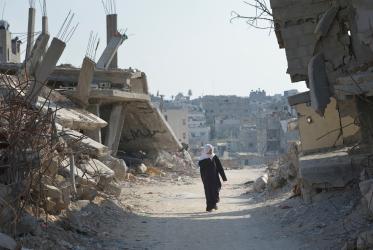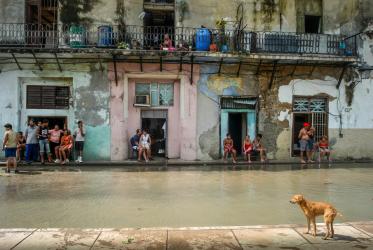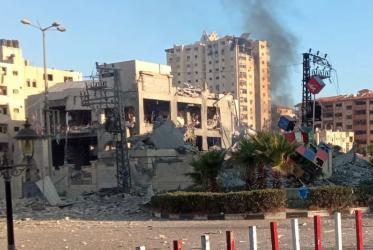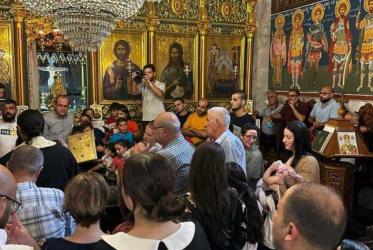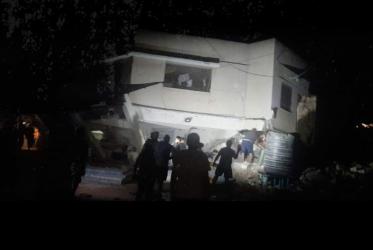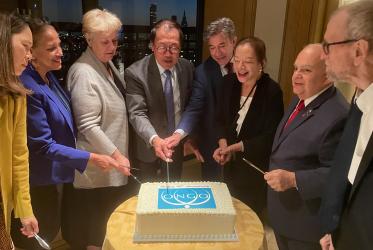Displaying 141 - 160 of 4044
Violence against Palestinians is rising in the West Bank
16 November 2023
WCC Eco-School begins in Crete
15 November 2023
ÖRK fordert internationale Hilfe für Flüchtlinge aus Bergkarabach
14 November 2023
World Council of Churches plans pilgrimage to Marshall Islands
09 November 2023
„Die Menschen wollen ohne Angst und ständige Übergriffe leben“
31 October 2023

